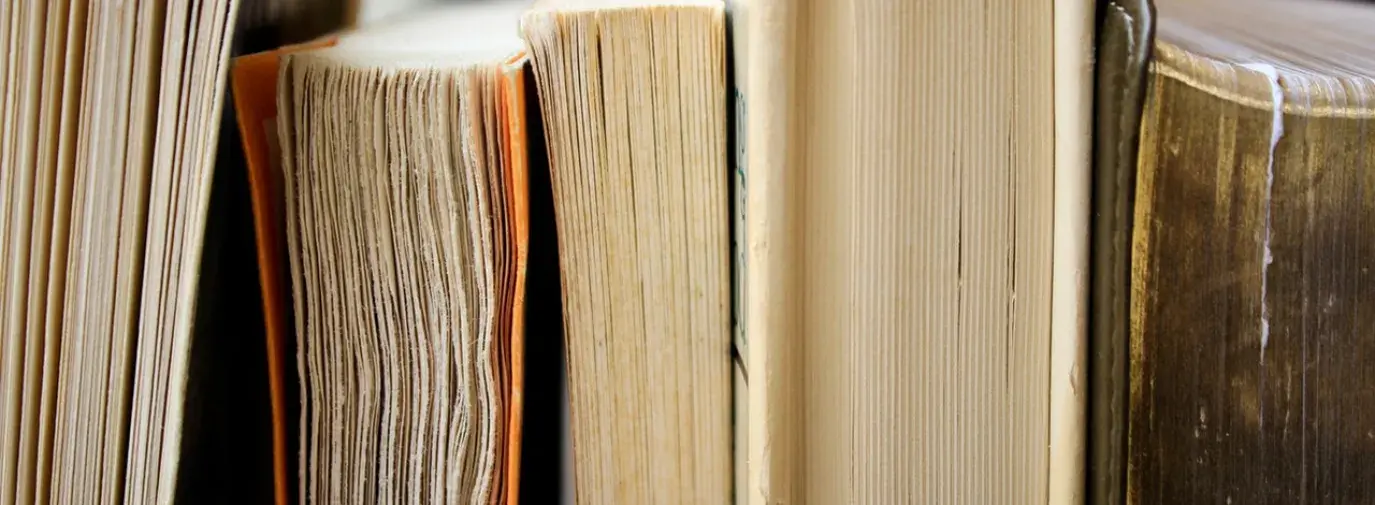
Learn more about how to get serious about the three Rs (reduce, reuse, recycle) with our Web exclusives to our Fall 2007 Green American, Getting to Zero Waste:
Exclusive Interviews
 Green American editor Tracy Fernandez Rysavy talks to leaders in the environmental justice movement:
Green American editor Tracy Fernandez Rysavy talks to leaders in the environmental justice movement:
Her interview with Van Jones explains the concept of eco-Apartheid, how the "Green Jobs Corps" can help, and what's next for the Ella Baker Center.
Her interview with Dr. Robert Bullard introduces you to the "father of environmental justice” and his 25 years working on behalf of communities of color who have been victims of environmental racism.
True Tales
 True stories about how people in the US and around the world are taking waste matters into their own hands and making a difference:
True stories about how people in the US and around the world are taking waste matters into their own hands and making a difference:
1. How Robert Haley is going zero-waste at home, while working to make his city zero-waste by 2020.
2. How 13-year-old Tayler McGillis uses recycling to improve his community.
3. How a quest to sustainably unload unwanted stuff led Deron Beal to found Freecycle.
4. How a cooperative of women in the Gambia are cleaning up their community and earning a Fair Trade living.
Hazardous Health Care
 Hospitals are supposed to be places of healing, but for many communities throughout the country, toxic hospital waste poses a threat to the health of citizens, some of whom live within hundreds of feet of medical waste incinerators that are pumping cancer-causing emissions into the air. Read more »
Hospitals are supposed to be places of healing, but for many communities throughout the country, toxic hospital waste poses a threat to the health of citizens, some of whom live within hundreds of feet of medical waste incinerators that are pumping cancer-causing emissions into the air. Read more »
Recommended Reading List
What happens to garbage after it's thrown "away"? Our Green American editors found the first two books below to be invaluable in understanding the secret, post-curb life of household waste. Both books led to a second question: whose garbage is it, anyway? Ours? The local government that pays the bill for disposal (as suggested by the term "municipal solid waste")? Or does the garbage ultimately belong to those corporations whose heavily packaged, disposable products are designed to generate waste that someone else will pay to take "away"? The third book on the list, Cradle to Cradle, invites a radical rethinking of how products would be manufactured if corporations were, indeed, held responsible for garbage. What if waste weren't an inevitable part of modern life -- what if it were a design flaw?
Garbage Land: On the Secret Trail of Trash, by Elizabeth Royte
New York: Back Bay Books, 2005
Gone Tomorrow: The Hidden Life of Garbage, by Heather Rogers
New York: The New Press, 2005
Cradle to Cradle: Remaking the Way We Make Things, by William McDonough & Michael Braungart
New York: North Point Press, 2002







